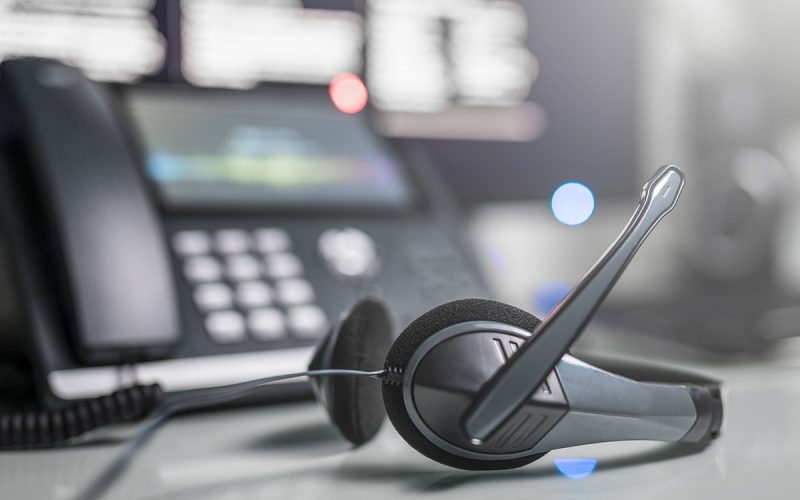What Does Litigant Mean in the Legal Space?
In the legal world, a litigant is any party involved in a lawsuit or legal proceeding. As defined in the Munley Law Glossary, litigants can be individuals, groups, or entities (like corporations) that initiate or respond to a legal action in a court of law. Understanding the role of a litigant is essential for anyone navigating the legal system, as it encompasses a range of responsibilities, rights, and implications throughout the litigation process.
Types of Litigants
There are primarily two types of litigants in the legal context:
Plaintiff: The plaintiff is the party that initiates the lawsuit. This individual or entity claims to have been wronged or harmed by the actions of another party (the defendant) and seeks legal remedy or compensation through the court. For example, if a person is injured in a car accident due to another driver’s negligence, that injured person may file a lawsuit as the plaintiff to seek damages for medical expenses, lost wages, and pain and suffering.
Defendant: The defendant is the party being accused or sued in a legal action. The defendant responds to the plaintiff’s claims and can present their defenses against the allegations made. In the car accident example, the driver who is alleged to have caused the accident would be the defendant.
Responsibilities of Litigants
Litigants have several important responsibilities during the litigation process:
Filing Documents: Litigants must prepare and file necessary legal documents with the court, including the initial complaint (for plaintiffs) or answer (for defendants). These documents must meet specific legal standards and deadlines, making it crucial for litigants to understand procedural rules.
Discovery: During the discovery phase, litigants exchange relevant information and evidence related to the case. This process can involve interrogatories (written questions), depositions (sworn testimony), and requests for documents. Litigants are obligated to respond to discovery requests honestly and thoroughly.
Court Appearances: Litigants may be required to appear in court for various proceedings, including hearings, pre-trial conferences, and the trial itself. Attendance is essential, as failure to appear can result in adverse rulings or the dismissal of a case.
Negotiation and Settlement: Litigants may engage in negotiations with the opposing party to reach a settlement before trial. Settling a case can save time and resources for both parties, allowing them to resolve the dispute amicably.
Rights of Litigants
Litigants possess certain rights that help ensure a fair legal process:
Right to Legal Representation: Litigants have the right to hire an attorney to represent them in court. Legal counsel can provide valuable guidance, helping litigants navigate the complexities of the legal system and advocate for their interests.
Right to Due Process: Litigants are entitled to due process, meaning they must receive fair treatment and an opportunity to present their case in a competent and impartial legal forum.
Right to Appeal: If a litigant is dissatisfied with the outcome of their case, they generally have the right to appeal the decision to a higher court. This process allows for a review of the case to ensure that the law was applied correctly.
Confidentiality: In many instances, litigants have the right to keep certain information confidential, particularly during settlement negotiations or when discussing sensitive matters that could affect their Personal or professional lives.
The Role of Litigants in the Legal System
Litigants play a crucial role in the functioning of the legal system. They help uphold justice by bringing forth grievances and seeking resolutions to disputes. The litigation process provides an opportunity for individuals and organizations to enforce their rights and seek remedies for wrongs they have experienced. By participating in legal proceedings, litigants contribute to the development of case law, which influences future legal interpretations and decisions.
Challenges Faced by Litigants
While litigants have rights and responsibilities, they also face several challenges in the legal process:
Complexity of the Legal System: The legal system can be complex and overwhelming, especially for those unfamiliar with legal terminology and procedures. This complexity can make it difficult for litigants to effectively represent themselves without legal counsel.
Cost of Litigation: The expenses associated with litigation can be substantial. Legal fees, court costs, and other related expenses can pose financial challenges for many litigants, leading them to reconsider whether to pursue their claims.
Emotional Stress: Engaging in litigation can be emotionally taxing. The adversarial nature of legal proceedings can create stress and anxiety, particularly for those who are personally invested in the outcome of their case.
Time Commitment: Litigation can be a lengthy process, often stretching over months or even years. This extended timeline can disrupt the lives of litigants and complicate their ability to move on from the dispute.

